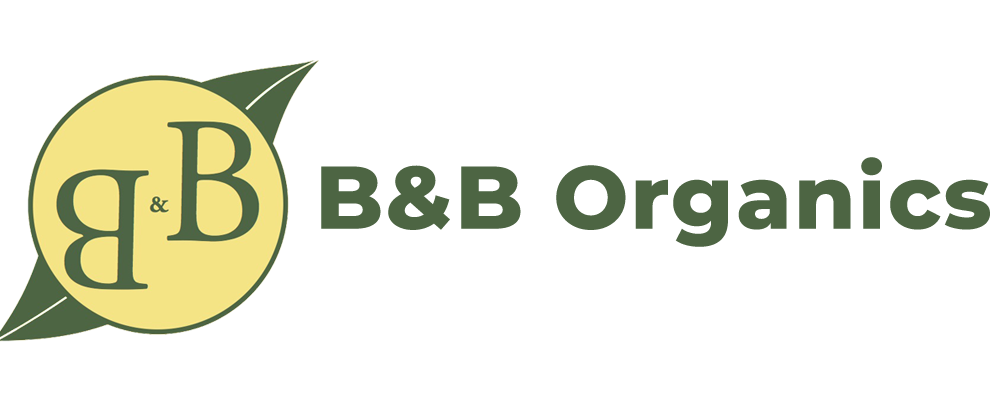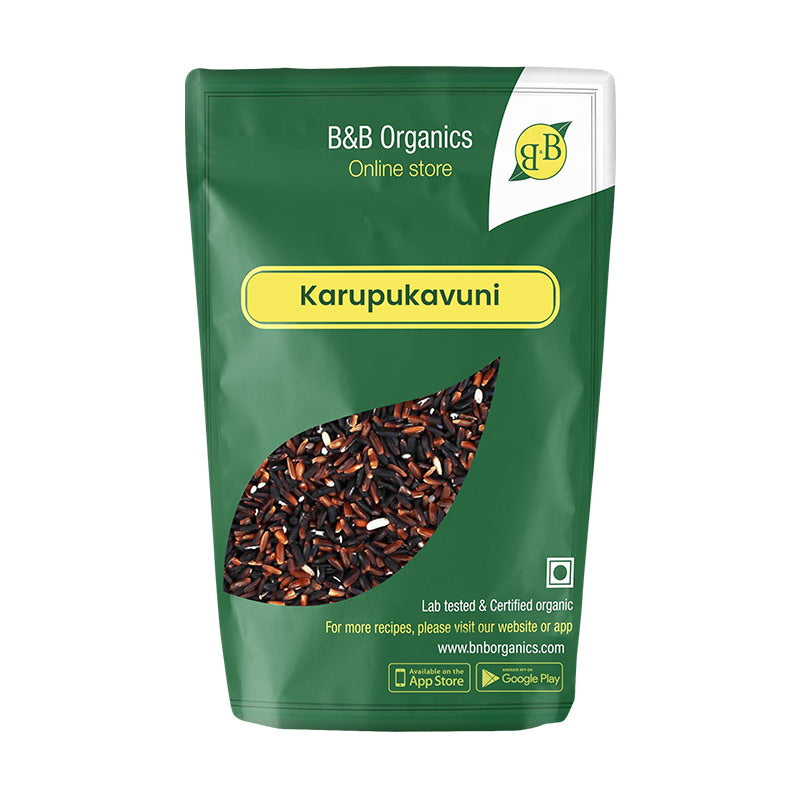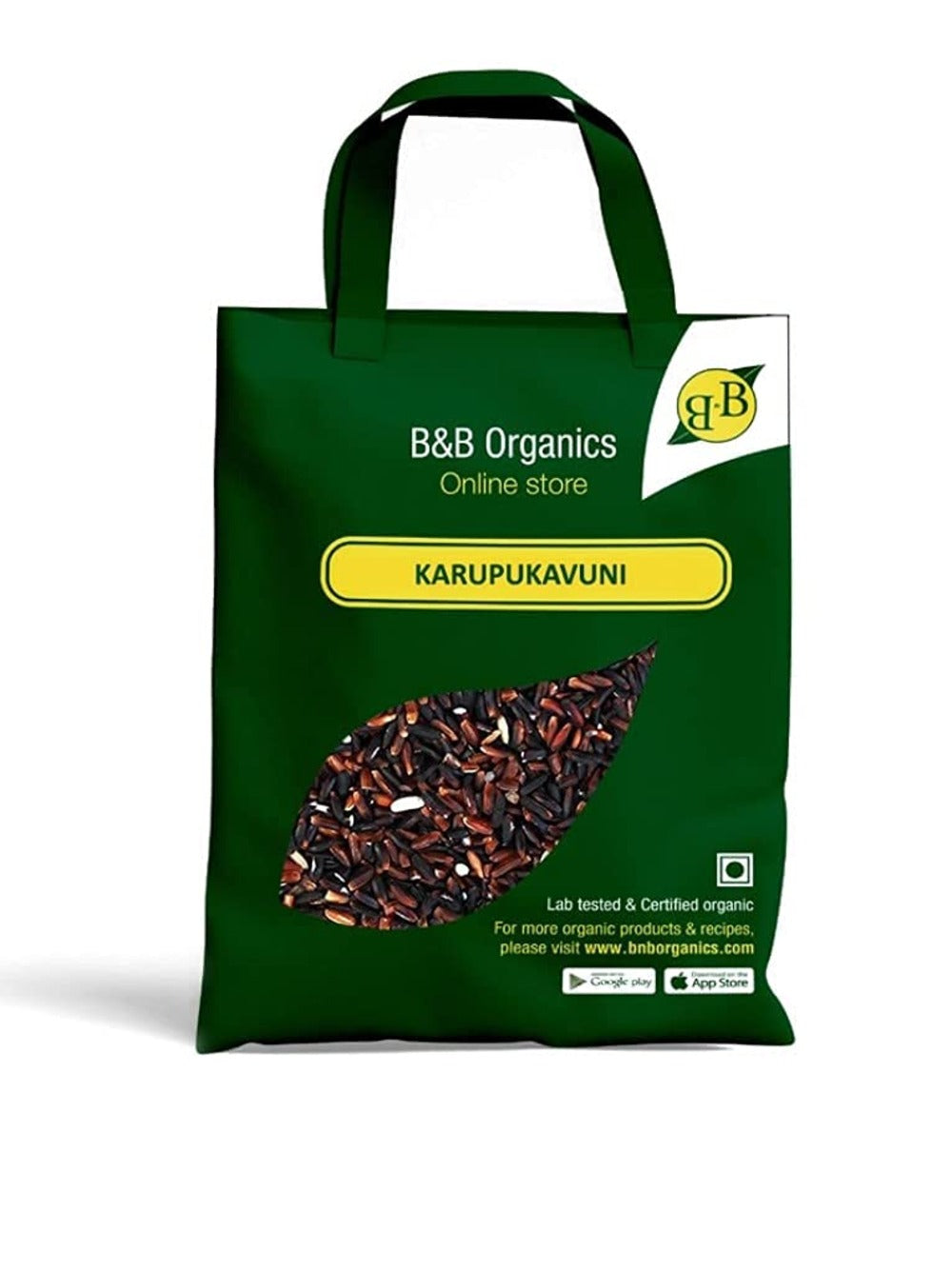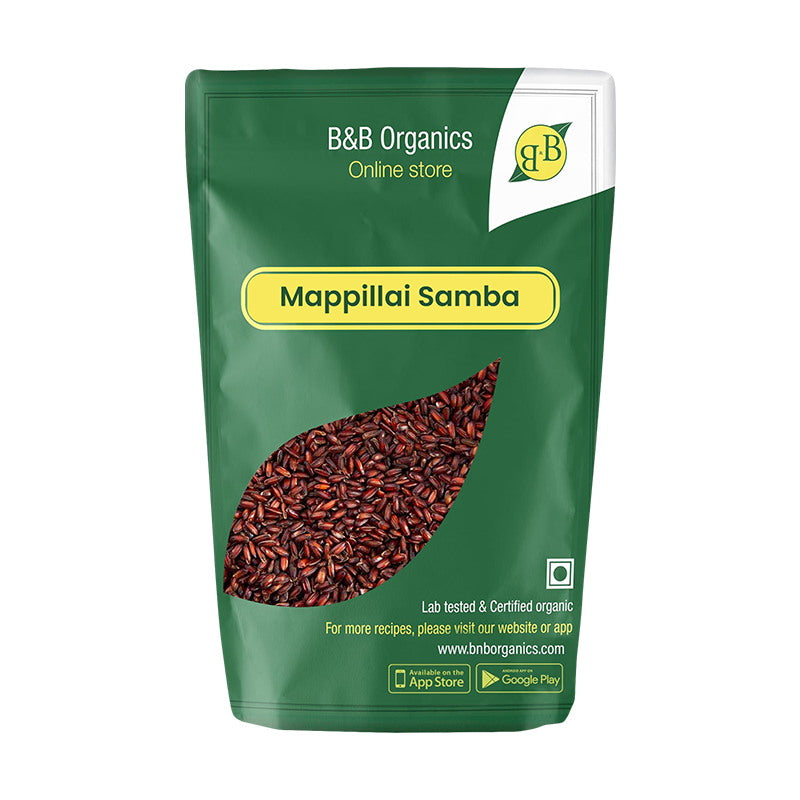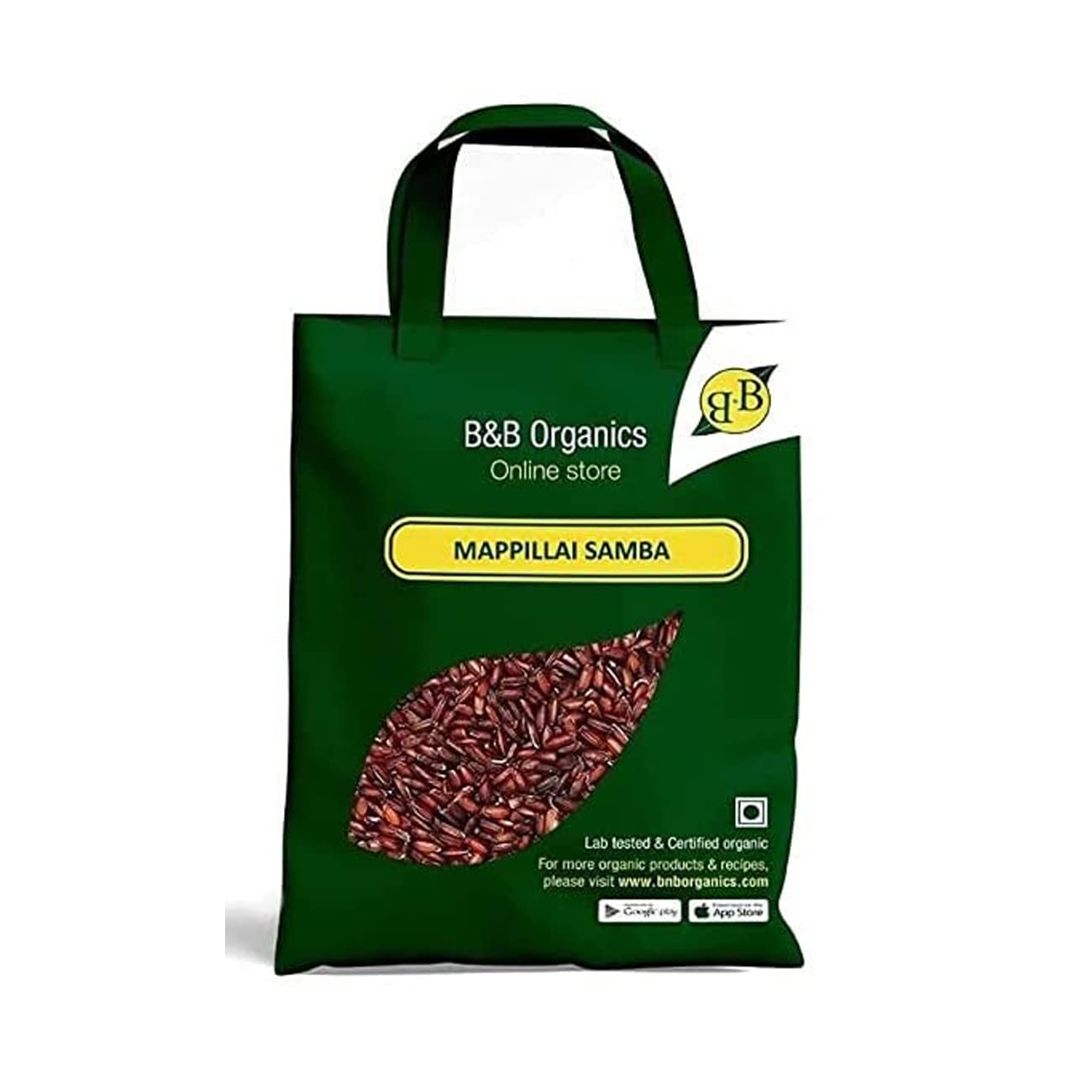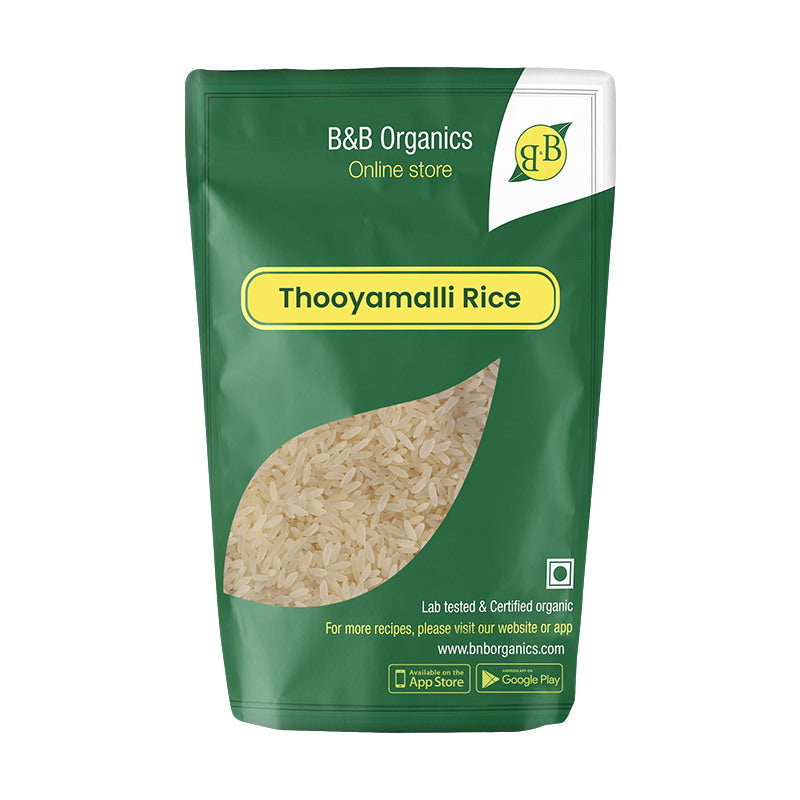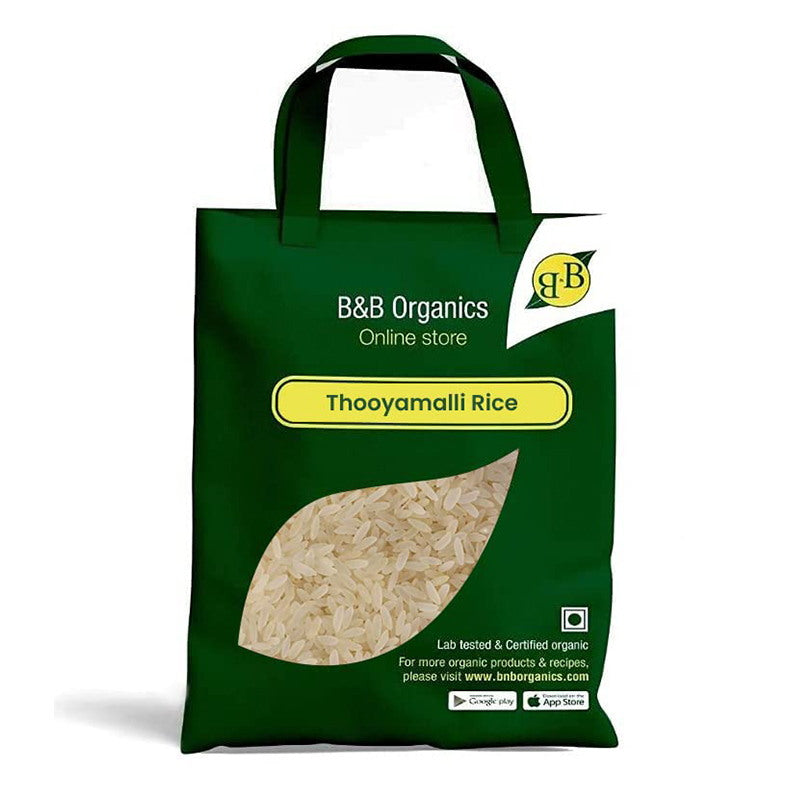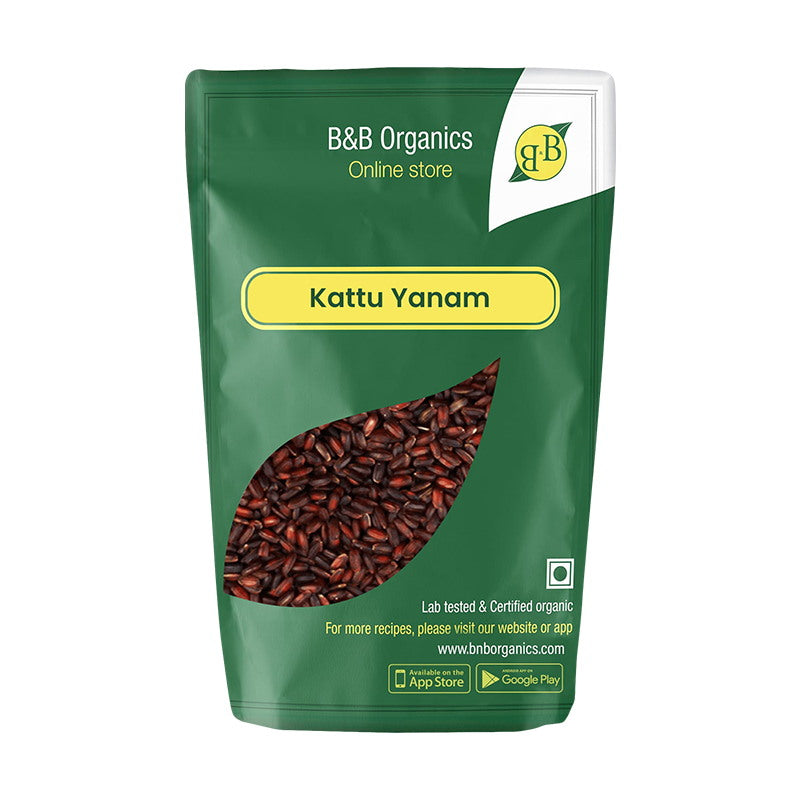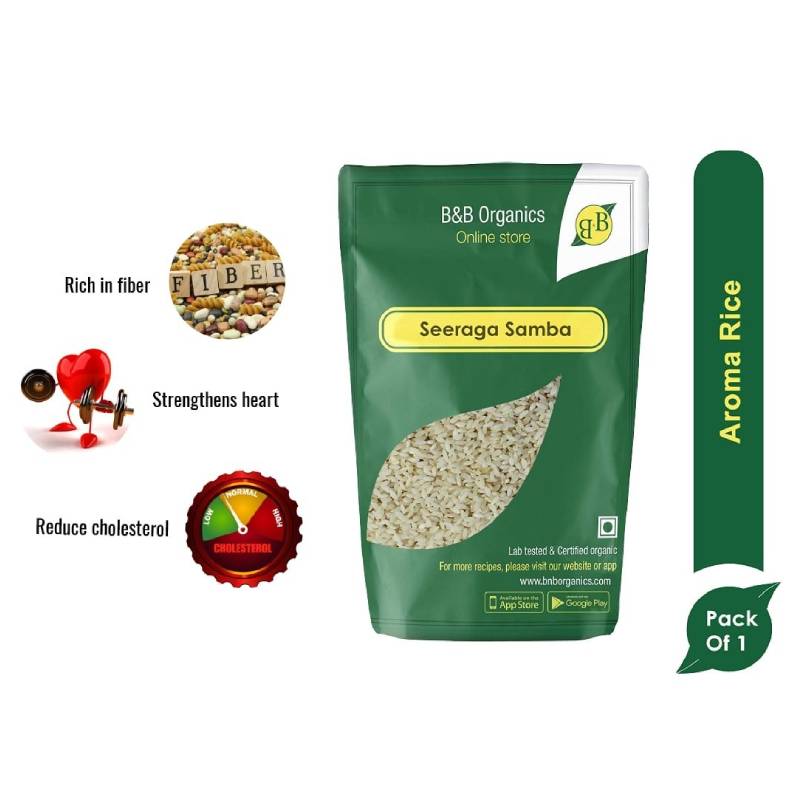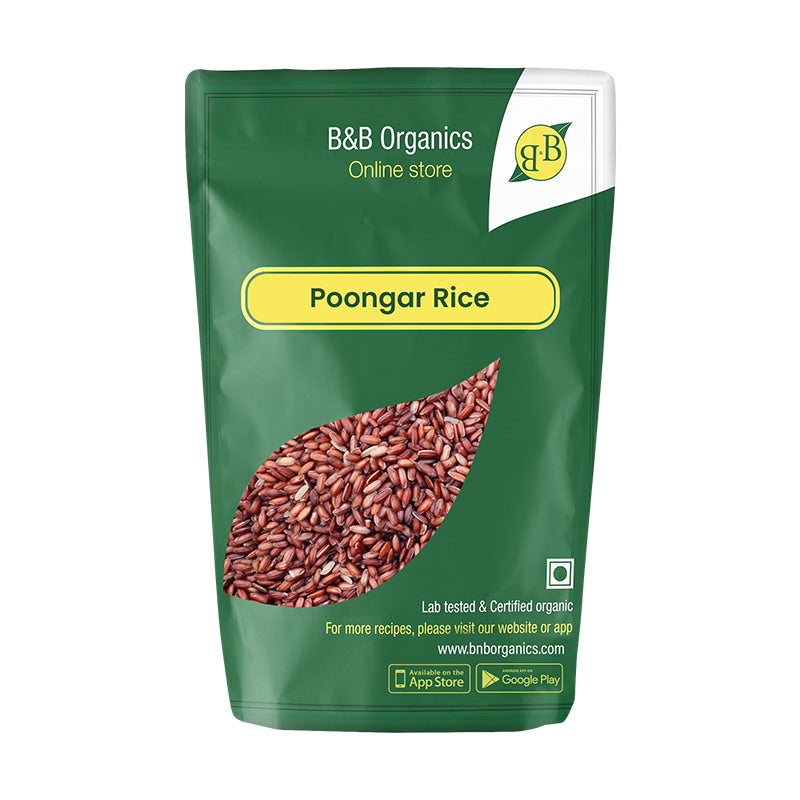Honey and milk are a popular pairing that may be seen in a number of drinks and desserts. Milk and honey are not only delicious to the palate, but they may even give your favourite dishes an intense aroma.
These two substances are also studied for their therapeutic properties and are frequently used as natural remedies to address a variety of ailments. The
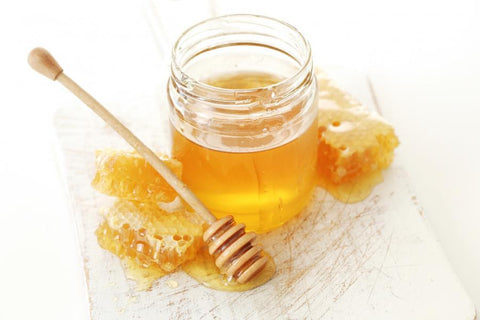
healthy mix of honey and milk can be utilized for health and wellness reasons in addition to being great for the skin.
Honey and milk are all you need to reap several skin health benefits as both of them are already antimicrobial and nutrient-rich.
Despite the fact that they offer a number of benefits if paired, certain disadvantages must be taken into account. Let's explore the several benefits of honey and milk in more depth.
Honey and Milk Beneficial Compounds:
The major benefits of consuming this delicious milk and honey combo have been mentioned below.
Might Improve Immunity:
Regularly consuming milk with honey can boost the immune system. Honey, which is packed with antioxidants, has anti-inflammatory effects, whole milk includes a variety of essential minerals and vitamins like calcium.
May Aid Digestion:
This tasty beverage may assist with digestion and alleviate any pain in the belly. Natural honey is a great probiotic, fostering the growth of favorable microbes and the operation of the digestive tract. Milk and honey can be used to treat constipation, cramping, discomfort, and irritation.

Respiratory Infections:
Honey has antibacterial features that may assist in the body's battle against harmful organisms. Colds and coughs are quickly alleviated if honey and milk are mixed. Its soothing and anti-inflammatory properties assist in relieving breathing issues.
Increasing stamina:
A natural energy drink consisting of honey and milk is believed to increase strength and offer a strong dosage of carbohydrates and protein. The potent drink provides the body a rapid boost of energy, which increases stamina. Kids, adults, and the old can all get a plenty of vitality from it.
Possibly Improved Skeletal Health:
Calcium, which is essential for the health of skeletons, is plentiful in both honey and milk. Regular milk and honey intake helps to avoid bone diseases like fractures and inflammatory disease as well as bone deterioration.
Stress Could Be Reduced:
An adaptogen that may help to reduce anxiety levels is warm milk with honey. Stress affects our lives in a range of ways in the fast-paced society we currently live in. Honey and milk may aid in calming the nerves and unwind the mind.
Anti-aging Benefits:
Antioxidants contained in milk and honey neutralize free radicals, preserving the skin's youthful look. A regular glass of milk with honey may make you look young.
Helpful for Bowel Habits:
Having an erratic and hard bowel is among the most unpleasant sensations. Warm milk and honey are a mild sedative mix that stimulates bowels. Enzymes contained in honey assist the bowels flow through them smoothly. This mix not just to stop flatulence and other digestive issues, but it also fights Staphylococcus germs quite well.
Hydrating Skin:
Hydrating is required to keep the skin supple. If the skin is not properly moisturized, it becomes wrinkled and more sensitive to outside impurities. Honey and milk may ultimately maintain the skin's cleanness by guarding it against viruses, acne, and ecological degradation.
The Drawbacks of Honey and Milk:
Honey and milk, as stated earlier, have a range of drawbacks, including:
Lactose intolerance-inducing:

Cow's milk can be dangerous to lactose-intolerant persons, so avoid it if you're allergic to milk, on a dairy-free diet, or suffer from a dairy allergy.
Can Raise the Chances of Skin Conditions:
Consuming milk products has been linked to a greater likelihood of acquiring skin conditions like eczema, rosacea, and acne.
Sugar Content in Honey:
Regardless of the fact that honey has many medical benefits, it is also extremely high in sugar and calories, which can elevate blood glucose levels. Despite its health benefits, honey is not suggested for people with diabetes.
Honey is not recommended for infants:
The intake of honey is not advised for infants younger than twelve months because of the presence of microorganisms that can induce infant botulism, a fatal and serious disease.
Heat-processed honey:
High-temperature heating of honey can lead to the formation of hydroxymethylfurfural, a molecule that, if eaten in massive doses, can have both beneficial and harmful effects on health.
It's important to limit your intake and prevent boiling it at high degrees to optimize any health benefits.
The conclusion:
As stated above, there are numerous benefits of milk and honey; this specific set can serve as a natural cure and even a booster of immunity. Thus, even if milk with honey has more benefits, some drawbacks should not be ignored. To keep a healthy lifestyle, think about adding it to a diet that is well balanced.
